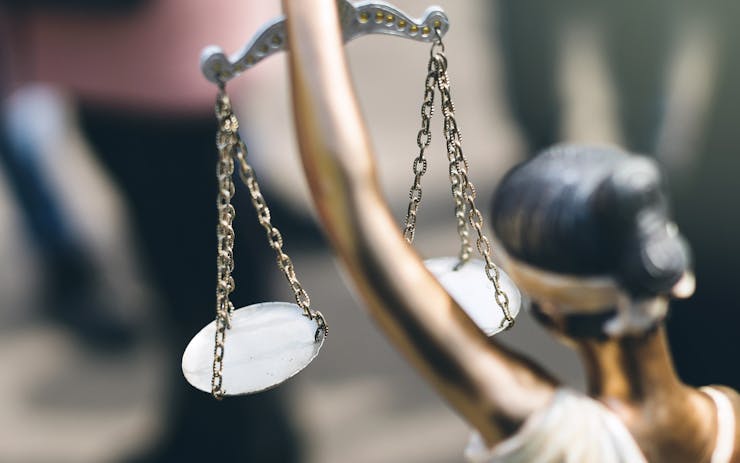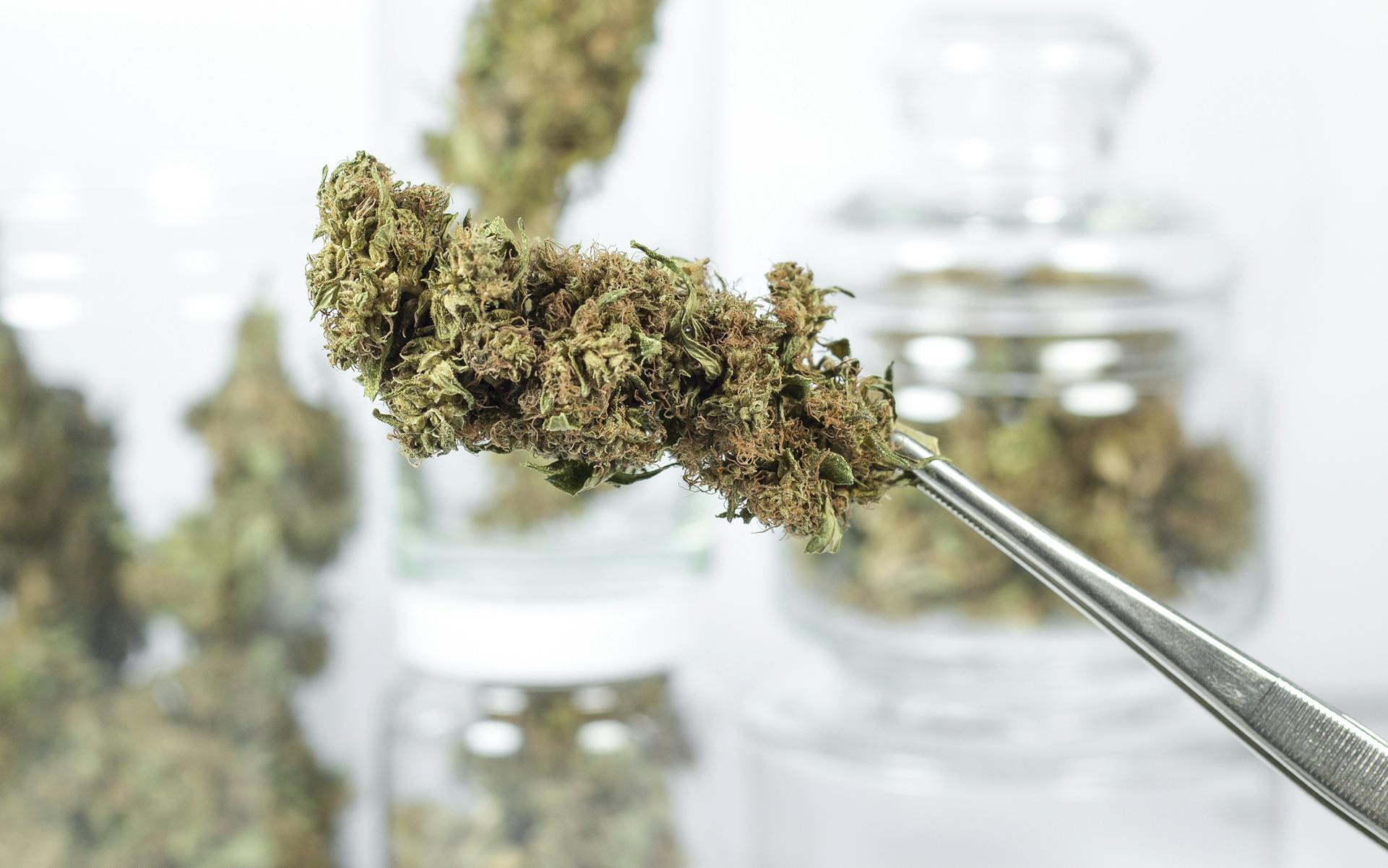After voters in Massachusetts and Maine said yes last week to legalizing cannabis for adult use, advocates are now turning their attention to those states’ respective governors to gauge how smoothly implementation might go. Both Massachusetts Gov. Charlie Baker and Maine Gov. Paul LePage spoke out strongly against legalization this election season. Now they’ll have a hand in how the new laws are rolled out.
That could mean delays—lots and lots of delays.
LePage has said he will wait and see what President-elect Donald Trump has to say about legalization.
There were signs already that both states could see holdups in the implementation process. In Maine, legalization opponents requested a recount, at a cost of $500,000, after a narrow loss at the polls. Question 1 was the closest statewide cannabis race this election season, with 50.15 percent of voters supporting the measure.
LePage, whose responsibility is is to “proclaim” the state’s election results, has said he will wait and see what President-elect Donald Trump has to say about legalization. On a Portland radio station, LePage said he wants guidance from Trump regarding the new administration’s plans on cannabis enforcement.
Despite a majority of state voters supporting the plan, LePage said, if the incoming Trump administration were to ban recreational cannabis, “then I have no choice except to not put this into play.” The governor also said legalization violates federal law and claimed that millions of dollars and “several legislative fixes” will be required to implement the “poorly drafted question.”
As he described Question 1, he cast doubts on the new law’s prospects, using phrases such as “If it goes into effect…”
But if LePage is waiting for salvation-by-Trump, he might be waiting a while. The president-elect has come out in support of medicinal cannabis as well as letting the states decide for themselves how best to regulate the plant. But the issue could also fall the other way, as Trump continues to surround himself with opponents to legalization, such as Vice President-elect Mike Pence, New Jersey Gov. Chris Christie, and former New York Mayor Rudy Giuliani.
In Massachusetts, less than a week after election day, a number of cities and towns were already exploring ways to keep commercial cannabis shops out of their communities, the Boston Globe reported, with some officials warning that cannabis stores will turn New England’s quaint towns into dangerous drug havens. Others worry about an influx of out-of-state customers from New Hampshire.
“I am dead set against it,” Methuen Mayor Stephen N. Zanni said, explaining that he wants to ban cannabis retailers from opening in his town, where 52 percent of local voters opposed the ballot question. “I don’t think it’s an appropriate fit here for our community.”
The comments have cannabis advocates worried that municipal officials could act rashly to restrict legal cannabis despite Question 4’s decisive 54–46 outcome. Obstacles by officials could force lawsuits, slow the rollout of a regulated system, and create uncertainty for would-be business operators trying to do due diligence.
Shop highly rated dispensaries near you
Showing you dispensaries nearUnder the current timeline, adult-use cannabis will become legal Dec. 15. The state cannabis commission will begin accepting retail license applications by Oct. 1, 2017. The first retail stores are expected by Oct. 1, 2018.
Gov. Baker, who strongly opposed legalization, said he wants a more efficient process of permitting retail cannabis shops than the extensive procedures the state used for its medical system. “By the time we took office, we hadn’t opened a single dispensary in Massachusetts, and we were two years behind the effective date of that law. I think it’s important that we move as briskly as we can and we take a look at everything,” said Baker, who said the process should be “responsible and timely.”
Baker, a supporter of citizen initiatives, acknowledged that the public had spoken with Question 4, though he added he’s open to amending the new law.
“The people spoke and we’re going to honor that,” he said, “but we need to make sure that we implement this in a way that is consistent with a lot of the rhetoric and the dialogue that took place during the course of the campaign, which is that it will be done in a way that does protect public safety,” Baker said.
The mayor and his allies made a number of safety-related claims of their own during the campaign, often unsupported by evidence. Among them, legalization opponents warned that adult-use cannabis would increase cannabis consumption by minors and act as a gateway drug that would exacerbate the state’s epidemic of opioid overdose. Consumption by teens has actually fallen in adult-use states Colorado and Oregon, however, and medical marijuana states have opioid death rates 25-percent lower than illegal states.
State Treasurer Deborah Goldberg, whose office will oversee the cannabis industry in Massachusetts, said last week she does not believe there should be “rigid deadlines” for the law’s implementation. She added that her office may not be able to meet the prescribed deadlines, in part because of the technical infrastructure that would be required.
“I believe that we will need more time,” she said.





